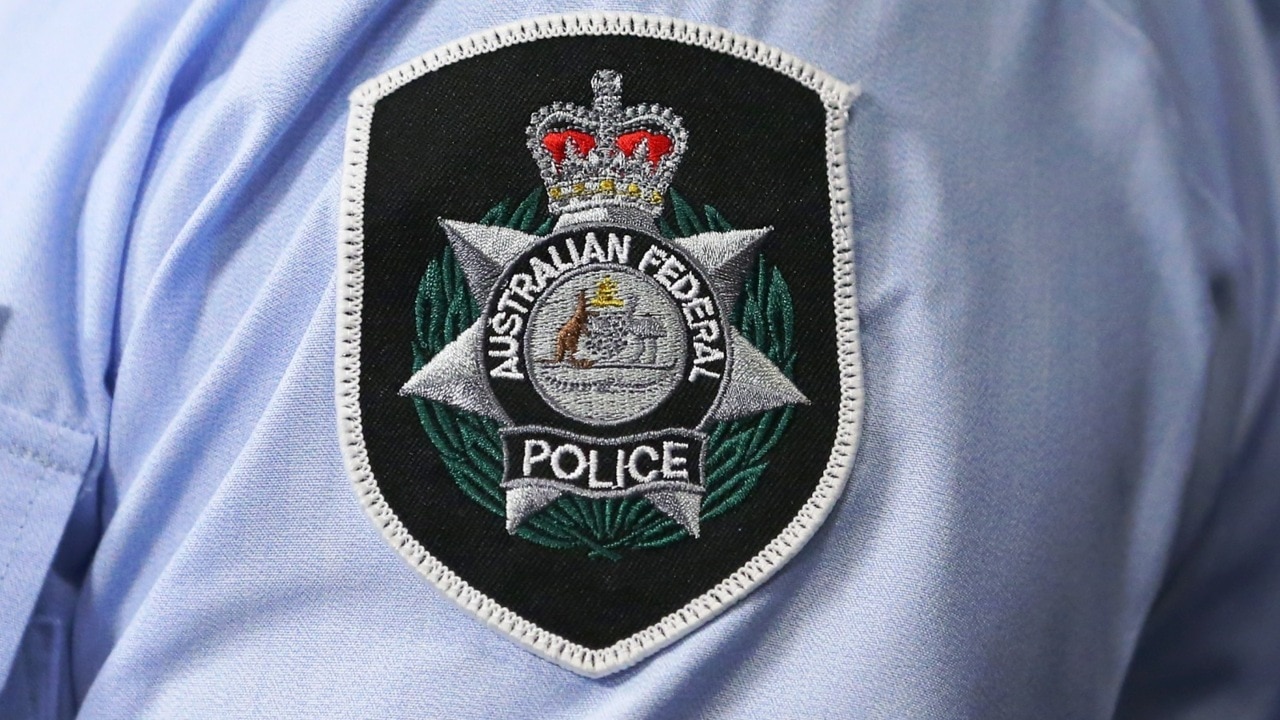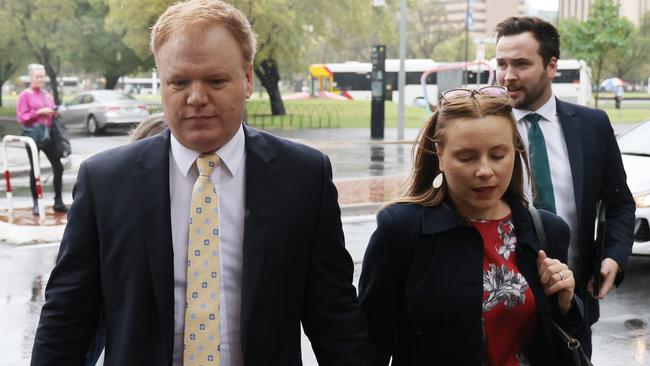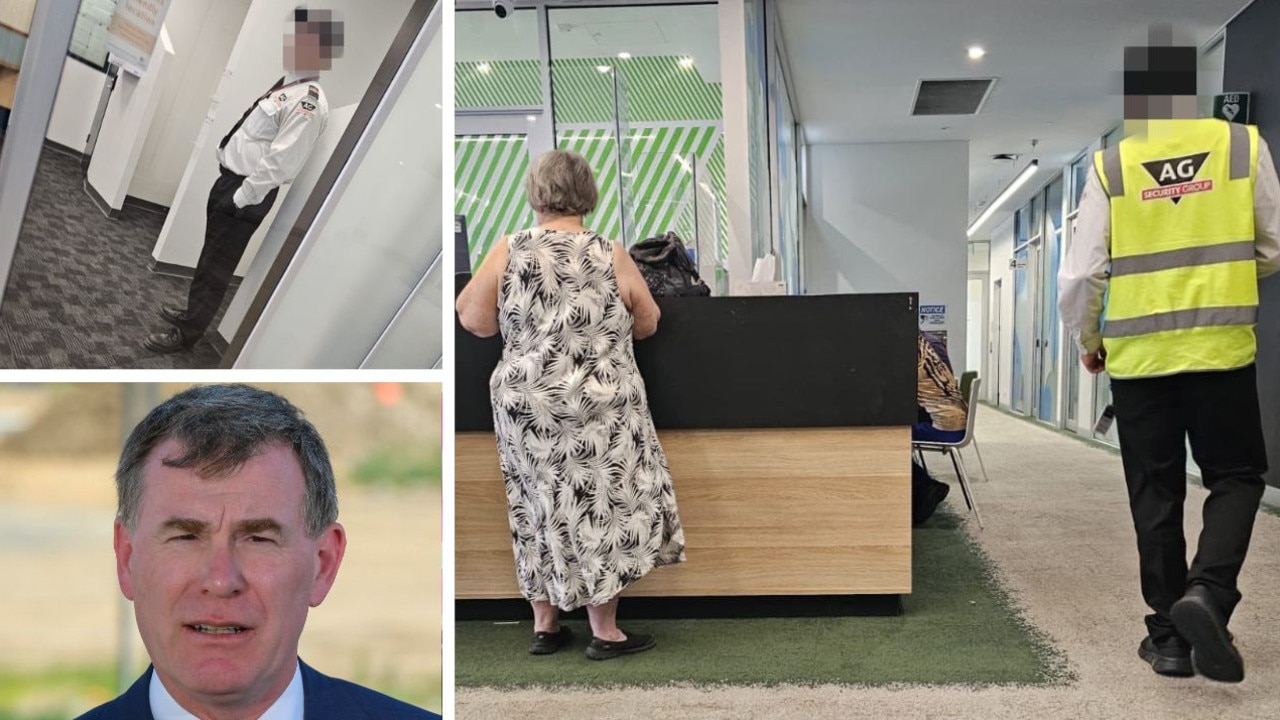Richard Boyle to stand trial after losing bid for immunity from prosecution
A debt collector who publicly blew the whistle on heavy-handed debt collection tactics at the ATO will stand trial after losing his bid for immunity, a court has ruled.

Police & Courts
Don't miss out on the headlines from Police & Courts. Followed categories will be added to My News.
Accused ATO whistleblower Richard Boyle – who raised concerns about heavy-handed debt collection tactics – will face a criminal trial and possible jail term after a judge ruled he was not immune from prosecution.
On Monday District Court Judge Liesl Kudelka handed down her ruling, dismissing his claim for immunity from prosecution, before a packed public gallery.
“I find that he was not protected by section 10 of the Public Interest Disclosure Act, 2013, from criminal liability” she said.
“His claim pursuant to section 23 of that act is dismissed.”

The decision means Mr Boyle, 47, of Edwardstown will now face trial in October on 24 charges including multiple counts of making a recording of protected information and using a recording device to overhear, record or listen to a private conversation.
He was originally charged with 66 offences, but that figure was reduced in 2020.
The offences are alleged to have occurred between April 19, 2017, and March 3, 2018, while he was employed as a debt collection officer at the ATO’s Adelaide office.
The court has heard he first raised allegations about the Australian Taxation Office’s aggressive debt collection tactics internally in October 2017, before airing the accusations publicly.
Police subsequently raided his home in April 2018 and his employment was terminated a month later, in May 2018.
He has pleaded not guilty to each of the criminal charges, and had lodged the civil action in a bid to use the PID Act to avoid being prosecuted.
During the civil trial, the court heard he had collected evidence – including taping private conversations without permission and photographing taxpayer information – as part of the process of making a public interest disclosure.
The case was the first of its kind in Australia and was expected to be instrumental in determining the effectiveness of the country’s whistleblower protections.
Commonwealth prosecutors sought an interim suppression on Judge Kudelka’s reasons for the ruling, which was to be reviewed on Tuesday. It will instead be reviewed on Thursday.
The suppression prevents the media from revealing the grounds for her decision.
Mr Boyle declined to comment to waiting media as he left after the hearing.
Outside court, former longstanding SA Democrat Sandra Kanck, who came in support of Mr Boyle, said she thought the decision was “terrible”.
“It is simply incomprehensible,” she said.
“I think it shows that our whistleblower protections in Australia are pretty well useless.”




